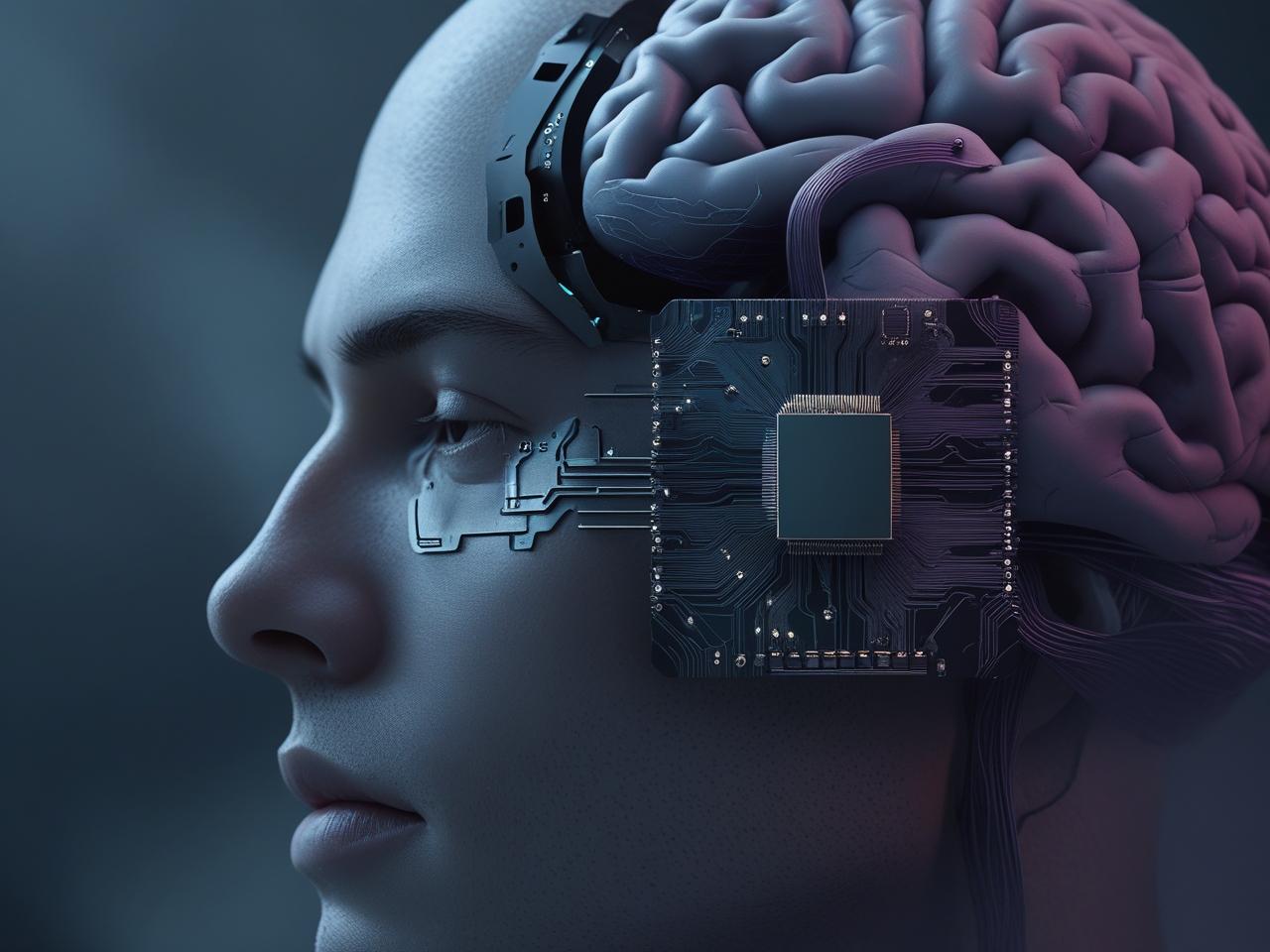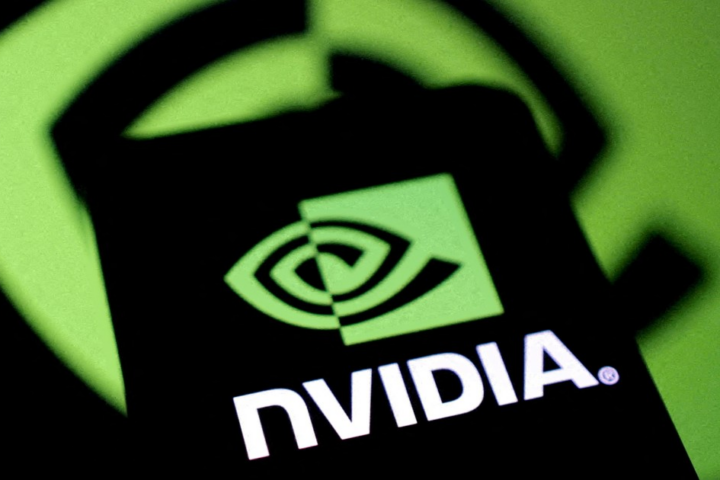What Is the Neuralink Chip?
Neuralink is a company founded by Elon Musk in 2016. Its mission is to build a small brain chip that can help people connect directly with computers and devices. The chip is implanted inside the skull and works by reading brain signals. It can help people with disabilities control smartphones, type messages, or move a mouse just by thinking.
In 2023, the United States Food and Drug Administration approved Neuralink to begin testing the chip in humans. The first successful trial showed that a paralyzed person could use the chip to browse the web and play games using only thoughts. Since then, the chip has received attention from both the medical and technology industries.
Recent Updates and Real Impact
In early 2025, Neuralink was given “breakthrough device” status by the FDA. This means the agency sees high potential for helping people with serious conditions such as loss of speech or hearing. Elon Musk shared that the chip may one day restore hearing in people who have been deaf since birth. The chip could also help people who cannot speak to communicate again by translating brain signals into digital speech.
How Could the Chip Help Businesses?
The technology is still developing, but the possibilities for businesses are growing. If the chip continues to show results, it could be used in future workplaces in several ways:
1. Faster Learning
Employees may learn new tasks or software quickly using direct brain-to-device training systems.
2. Hands-Free Work
In busy workplaces like factories or control rooms, workers could operate machines using thought signals instead of keyboards or touchscreens.
3. Accessibility Support
Professionals with disabilities could use the chip to perform office work, attend virtual meetings, and write emails through brain signal control.
Which Industries Might Use It First?
Neuralink’s chip could be useful in:
- Healthcare
- Education
- Engineering
- Military training
- Business analytics
- Logistics and transport
As brain-to-device communication becomes more reliable, companies may start investing in tools that work alongside the chip.
Clear Ethical and Legal Questions
As promising as this technology is, there are serious questions about privacy, safety, and long-term use.
1. Who Controls the Brain Data?
The chip reads a person’s brain activity. That data is extremely private. Experts say clear laws are needed to protect this kind of information from being shared or sold without permission.
2. Can the Chip Be Misused?
If hackers get access to the chip’s software, they might try to control what the chip reads or sends. For this reason, developers must use the highest level of security, just like in banking or military systems.
3. Is There Consent and Choice?
Everyone using the chip must give full consent. No one should be forced to wear it, especially in workplaces. Companies must not pressure employees to use brain-connected tools to increase speed or performance.
4. Will the Chip Work Long-Term?
Medical experts are still studying how long the chip will last inside the body. Some fear that future repairs or updates may be difficult, or that older chips may stop working safely. These concerns must be tested through careful long-term research.
5. Who Will Benefit First?
There is concern that only the wealthy or powerful companies may access these tools at first. This could create a new kind of inequality. Some believe government programs or public funding may be needed to make brain-chip tools available to more people over time.
What Comes Next?
Neuralink is expected to expand human testing to more volunteers. The company is also working with regulators to ensure the chip meets high health and safety standards. If early tests continue to go well, the chip may be used beyond medical care and into business use in the next few years.
For now, countries like the United States are leading the way in policy-making and testing. But countries in Europe and Asia are also preparing to follow with their own laws and partnerships.
Final Thoughts
Elon Musk’s Neuralink chip is showing early signs of success in restoring movement and communication. Now, the conversation is shifting toward business, education, and daily use. If developed responsibly, this chip could become one of the most important tools of the next decade.
But it must be handled with care, strong laws, and global cooperation. The future is exciting—but it must also be fair and safe.
📬 Follow DFmedia for More Breakthroughs
👉 Visit https://df.media for more science and business news that explains complex changes in simple terms.





